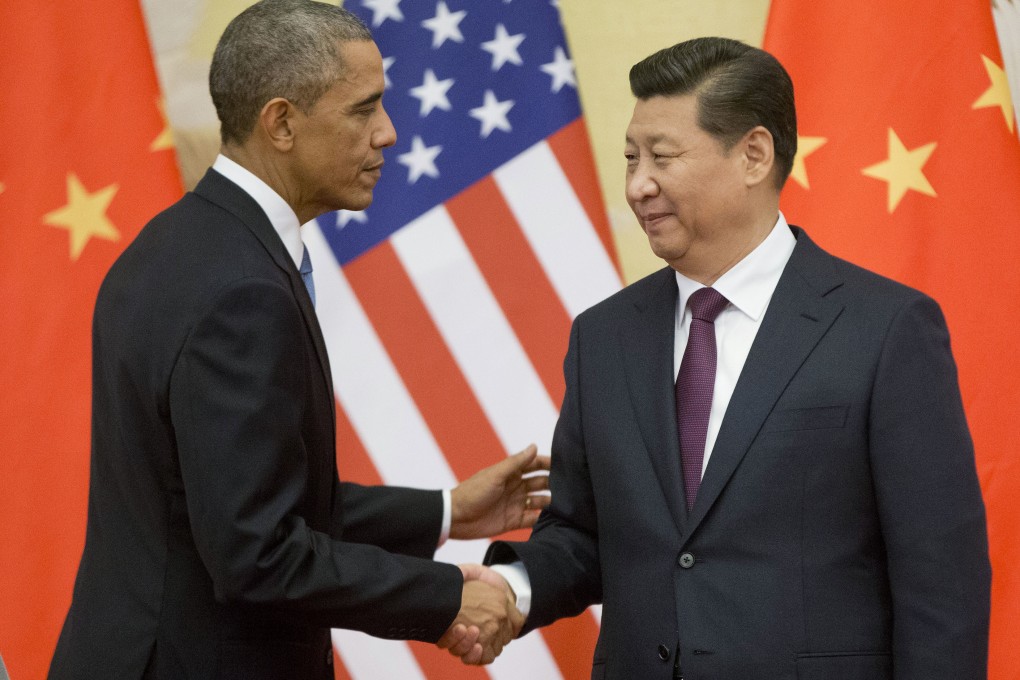Mutual respect for international laws can keep the peace between China and the US
Jerome A. Cohen says while there are good prospects for Sino-US cooperation and compromise in many areas, for contentious issues like the South China Sea, both must accept their obligations under international treaties

Although China's increasingly "assertive" international conduct has naturally stirred widespread concern in both Asia and the US, especially regarding the South China Sea, an overview of Beijing's foreign policy suggests a less alarming perspective. In some major subjects, such as environmental pollution and climate change, there are good prospects for Beijing's cooperation with the United States and other nations.
Next week's annual Sino-American Strategic and Economic Dialogue should illustrate the continuing ability of the world's two economic superpowers to develop compromises regarding trade, financial and investment problems that inevitably arise. Despite certain compliance issues, China's participation in the World Trade Organisation has, on the whole, been positive, as has much of its direct investment in an expanding list of countries. Indeed, through its newly established Asian Infrastructure Investment Bank and related organisations, Beijing is now pursuing an innovative and constructive financial course, to the embarrassment of our own government.
Beijing, as well as Taipei, should also be given credit for the past seven years of cooperation across the Taiwan Strait that have significantly improved stability and security in Asia. But the impending departure from office of Taiwan's president, Ma Ying-jeou, and growing Taiwanese fears of the mainland dictatorship's threat to the island's democracy should alert us to the forthcoming renewal of tensions.
Of course, we do not see eye to eye with China on a number of controversial issues, including North Korea, the Middle East and Ukraine, and evolving Sino-Russian relations generally require our greater attention. Yet other issues raise even more serious challenges.
Among the most abiding is Beijing's continuing violation of obligations it has assumed in over 20 international human rights treaties and related documents. The proposed legislation designed to restrict the activities of foreign non-governmental organisations and educational organisations will surely have a further adverse effect on Beijing's international relations.
Coming to grips with the devastating cyberattacks now being attributed to China - and the much less-publicised American cyberattacks on China - may prove to be the most difficult topic confronting our two governments, since, as yet, there are no specific international laws or institutions for dealing with it.
Most immediately threatening to our relationship, however, is today's drama in the South China Sea. Here, fortunately, the UN Convention on the Law of the Sea does provide not only rules for determining conflicting maritime claims but also legal institutions for impartially applying those rules.